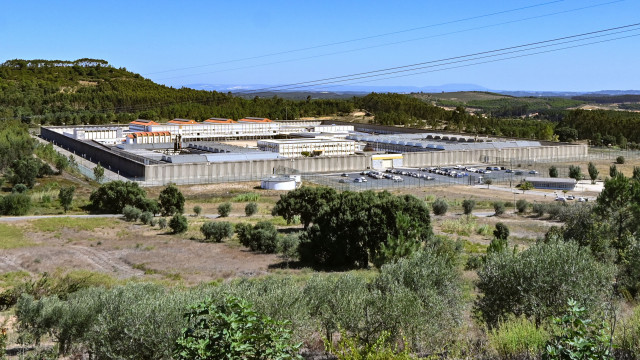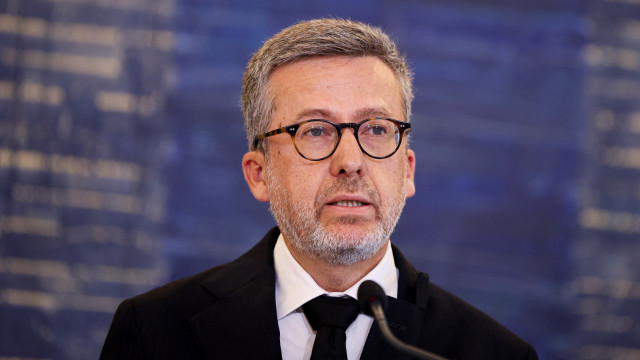The Ministry of Justice disclosed that the pilot project for signal inhibitors in Vale de Judeus is valued at 664,000 euros, with the new lighting system and surveillance towers project already completed and awaiting imminent approval.
Following the escape, security upgrades were implemented in the prison, including enhanced video surveillance with thermal cameras, infrared, and auditory motion detection signaling. The electrical network and generators’ resilience were validated during the blackout on April 28, which saw no incident reports.
Shift and schedule reorganizations have ensured permanent vigilance in the yards and rotative monitoring of CCTV cameras.
In response to the security audit across Portugal’s 49 prisons, ordered by the Minister of Justice, Rita Alarcão Júdice, after the Vale de Judeus escape, a plan was approved with security improvement measures, “with execution already exceeding 50%”, as reported by the minister.
A new audit report is projected by year-end to evaluate the completed measures. Preceding this will be the release of the management audit report for the Directorate-General for Reinsertion and Prison Services (DGRSP), conducted by the Inspectorate-General of Justice Services.
The Minister stated in a written declaration, “The escape of seven inmates from Vale de Judeus should not have occurred. (…) We decided to act rather than lament: not only at Vale de Judeus but in all prisons nationwide. We based decisions on audits, inspections, knowledge, and experience, addressing the issue from a structural and systemic perspective. Never before has a security audit been conducted across the country’s 49 prisons.”
The DGRSP reported that within the security enhancement plan, an investment of 4.5 million euros funded at least one improvement effort in each prison, including walls, networks, fences, building enhancements or video surveillance, among others, with further investments over 1.137 million euros envisioned.
The Vale de Judeus escape prompted changes in human resources, with continuous central monitoring implemented for all prisons’ CCTV cameras due to surveillance lapses identified.
Regarding prison guards, whose numbers are reportedly insufficient, the training course for 63 new guards is set to begin in October this year, following the selection of candidates from 247 applicants for 225 available positions in the latest concluded recruitment.
The government aims to develop a multi-year recruitment and promotion plan to ensure rejuvenation and attractiveness of the prison guard corps, alongside legislative changes to expedite hiring processes.
An ongoing reorganization of the prison system includes healthcare for inmates and procurement of security materials and equipment.
The minister asserted, “We can affirm that we have a more secure, well-managed, and better-prepared prison system for unforeseen situations, exemplified by the blackout, which resulted in no security repercussions. In a single sentence: we used the Vale de Judeus escape to rethink and improve the system.”

Nine disciplinary processes initiated by prison services against seven guards, one chief, and a director of Vale de Judeus following the escape of five inmates concluded with two filings, two suspensions, and five fines.
On September 7, 2024, Rodolfo Lohrmann from Argentina, Mark Roscaleer from the UK, Shergili Farjiani from Georgia, and the Portuguese prisoners Fábio Loureiro and Fernando Ribeiro Ferreira escaped from Vale de Judeus in Alcoentre (Azambuja) but have since been recaptured.
The Vale de Judeus escape led Rita Alarcão Júdice to mandate an audit of Portuguese prison security and also resulted in the removal of the then director-general of DGRSP, Rui Abrunhosa Gonçalves, temporarily replaced by Isabel Leitão, with Orlando Carvalho now appointed as the new director-general.
The audit highlighted “deficiencies” in equipment, organization, and resource management.
The escape also prompted a Public Prosecutor’s inquiry into potential criminal liabilities.




